The Evolution of Makeup: A Comprehensive Look at Usage and Significance
Related Articles: The Evolution of Makeup: A Comprehensive Look at Usage and Significance
Introduction
In this auspicious occasion, we are delighted to delve into the intriguing topic related to The Evolution of Makeup: A Comprehensive Look at Usage and Significance. Let’s weave interesting information and offer fresh perspectives to the readers.
Table of Content
The Evolution of Makeup: A Comprehensive Look at Usage and Significance

Makeup, a transformative tool used for centuries, has evolved beyond mere adornment, becoming an integral part of self-expression, artistry, and even cultural identity. This comprehensive guide explores the multifaceted world of makeup, analyzing its usage, benefits, and cultural significance in contemporary society.
Historical Context: From Ritual to Revolution
The history of makeup spans millennia, its origins intertwined with rituals, religious practices, and societal norms. Ancient civilizations like the Egyptians, Greeks, and Romans employed makeup for various purposes, ranging from religious ceremonies and social status markers to protection from the sun and enhancement of features.
In the Middle Ages, makeup usage declined, influenced by religious beliefs and societal expectations. The Renaissance witnessed a resurgence, with emphasis on achieving a pale complexion and emphasizing features. The Victorian era brought about a shift towards a more natural look, with makeup used subtly to enhance natural beauty.
The 20th century saw a dramatic transformation in makeup usage, driven by technological advancements and cultural shifts. The rise of cinema and fashion magazines led to the emergence of iconic makeup looks, shaping beauty standards and influencing trends.
Modern Makeup: A Spectrum of Usage and Purpose
Today, makeup usage is diverse and multifaceted, reflecting individual preferences, cultural influences, and personal goals. Here’s a breakdown of common reasons for makeup application:
1. Self-Expression and Confidence Building:
Makeup allows individuals to express their creativity, personality, and mood. It can be a powerful tool for boosting confidence, enhancing self-esteem, and feeling empowered.
2. Enhancing Natural Beauty:
Many individuals use makeup to highlight their natural features, accentuate their eyes, or even subtly correct perceived imperfections. This can involve using foundation to even out skin tone, mascara to enhance lashes, or lipstick to add a pop of color.
3. Camouflage and Correction:
Makeup can be utilized to camouflage blemishes, cover up scars, or even correct skin tone imbalances. This can be particularly helpful for individuals with skin conditions like acne, rosacea, or hyperpigmentation.
4. Creative Expression and Artistic Exploration:
Makeup artistry has become a form of art, with individuals using makeup to create elaborate looks, explore different styles, and express their creativity. This can range from everyday makeup to elaborate theatrical makeup, special effects makeup, and even body painting.
5. Cultural and Social Significance:
Makeup plays a significant role in various cultures and societies, often serving as a symbol of identity, tradition, or social status. In some cultures, makeup is considered a necessity for social occasions, while in others, it may be associated with specific rituals or celebrations.
The Benefits of Makeup: Beyond Aesthetics
Beyond its aesthetic appeal, makeup offers several benefits, including:
1. Psychological Well-being:
Studies have shown that applying makeup can positively impact mood and self-esteem. The act of creating a desired look can boost confidence, reduce stress, and promote feelings of empowerment.
2. Skin Protection:
Many makeup products contain ingredients that offer UV protection, shielding the skin from harmful sun rays. This can help prevent premature aging, sun damage, and skin cancer.
3. Skin Care Benefits:
Some makeup products contain ingredients that are beneficial for the skin, such as antioxidants, vitamins, and hydrating agents. These ingredients can contribute to improved skin health, reducing the appearance of fine lines, wrinkles, and blemishes.
4. Artistic Expression and Creativity:
Makeup artistry provides a platform for creative expression and artistic exploration. It allows individuals to experiment with different colors, textures, and techniques, unleashing their artistic potential.
5. Cultural Identity and Social Connection:
Makeup can serve as a means of expressing cultural identity and fostering social connections. Shared makeup rituals and trends can create a sense of belonging and shared experience.
FAQs on Makeup Usage
1. Is makeup harmful to the skin?
The safety of makeup depends on the ingredients used and individual skin sensitivities. High-quality, hypoallergenic makeup, free from harsh chemicals and irritants, is generally safe for most people. However, it’s essential to patch-test new products before applying them to the entire face, especially if you have sensitive skin.
2. How often should I remove makeup?
It’s crucial to remove makeup every night before going to bed. Leaving makeup on overnight can clog pores, irritate the skin, and contribute to breakouts.
3. Can I use expired makeup?
It’s not recommended to use expired makeup, as it may harbor bacteria and lose its effectiveness. Makeup products have a shelf life, and using them beyond that can lead to skin infections or irritation.
4. What are the best makeup tips for beginners?
Start with a basic routine, focusing on key products like foundation, concealer, mascara, and lipstick. Experiment with different shades and textures to find what suits you best. Invest in high-quality brushes and tools for a smooth and flawless application.
5. How can I choose the right makeup for my skin type?
Consider your skin type when selecting makeup products. For oily skin, opt for oil-free formulas and mattifying products. For dry skin, choose moisturizing and hydrating products. Sensitive skin requires gentle, hypoallergenic formulas, while mature skin benefits from products with anti-aging ingredients.
Tips for Makeup Usage
1. Invest in Quality Products:
Choose high-quality makeup products from reputable brands, avoiding those containing harsh chemicals or irritants.
2. Patch Test New Products:
Always patch-test new makeup products on a small area of skin before applying them to the entire face. This helps prevent allergic reactions or irritation.
3. Clean Brushes Regularly:
Clean your makeup brushes and sponges regularly to prevent bacteria buildup and maintain hygiene.
4. Store Makeup Properly:
Store makeup in a cool, dry place, away from direct sunlight and heat. This helps preserve the product’s quality and prevent spoilage.
5. Remove Makeup Thoroughly:
Always remove makeup thoroughly before going to bed, using a gentle makeup remover and a soft cloth. This helps prevent clogged pores and breakouts.
Conclusion: Makeup: A Powerful Tool for Self-Expression and Beyond
Makeup has evolved from its ancient roots to become a multifaceted tool for self-expression, confidence building, and artistic exploration. While its aesthetic benefits are undeniable, makeup also offers advantages for skin care, psychological well-being, and cultural identity.
By understanding the various aspects of makeup usage, individuals can make informed choices about their makeup routines, embracing the transformative power of this ancient art form while prioritizing skin health and well-being.



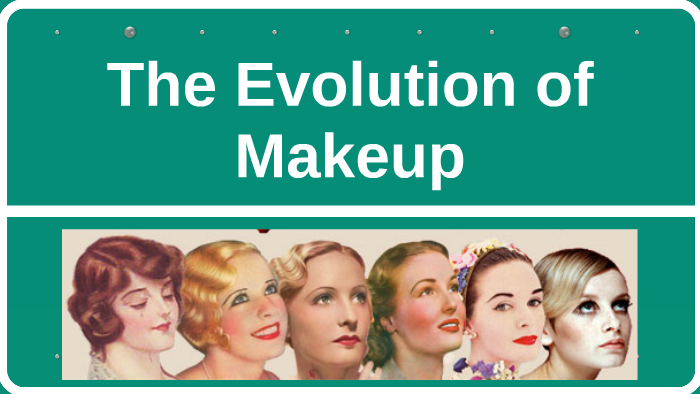
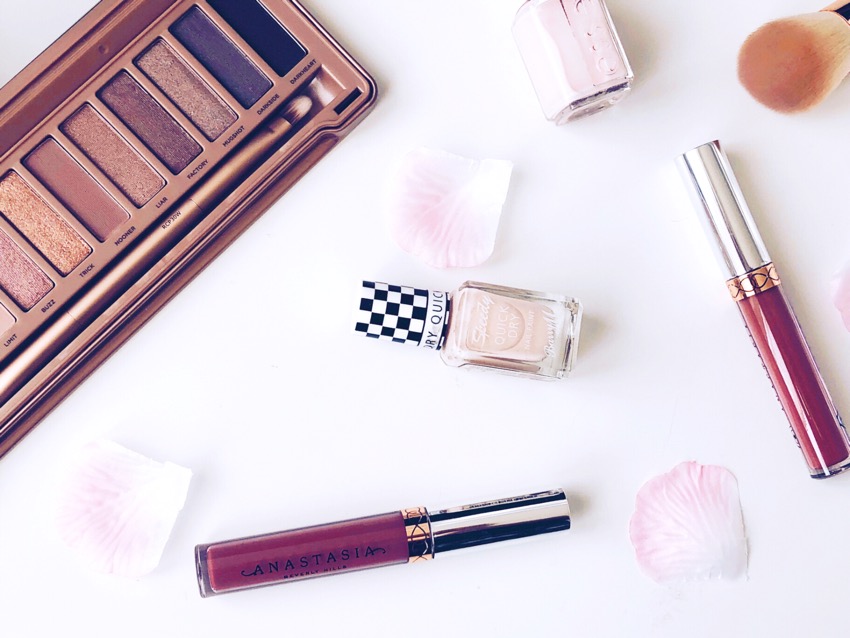
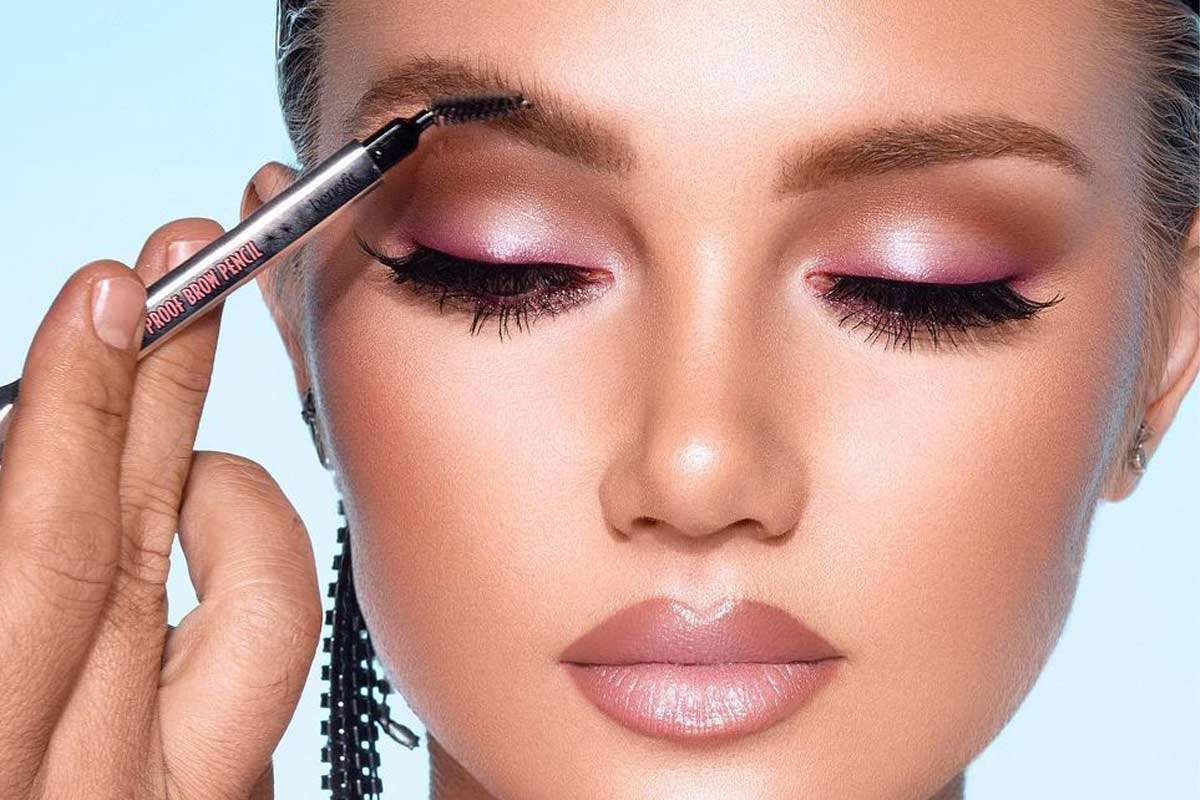
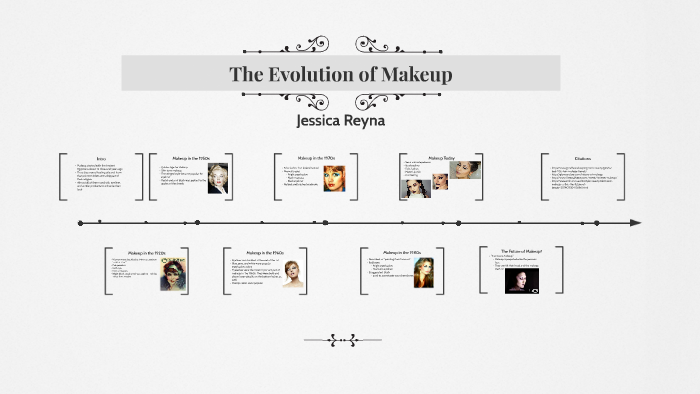
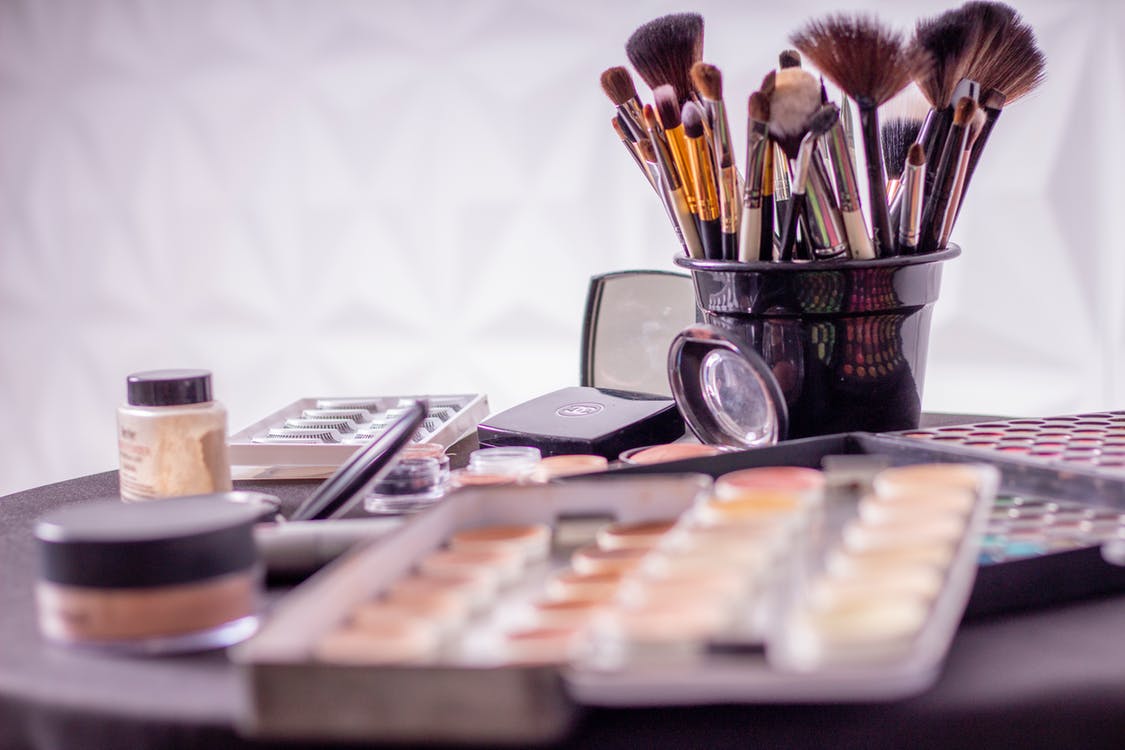
Closure
Thus, we hope this article has provided valuable insights into The Evolution of Makeup: A Comprehensive Look at Usage and Significance. We thank you for taking the time to read this article. See you in our next article!
